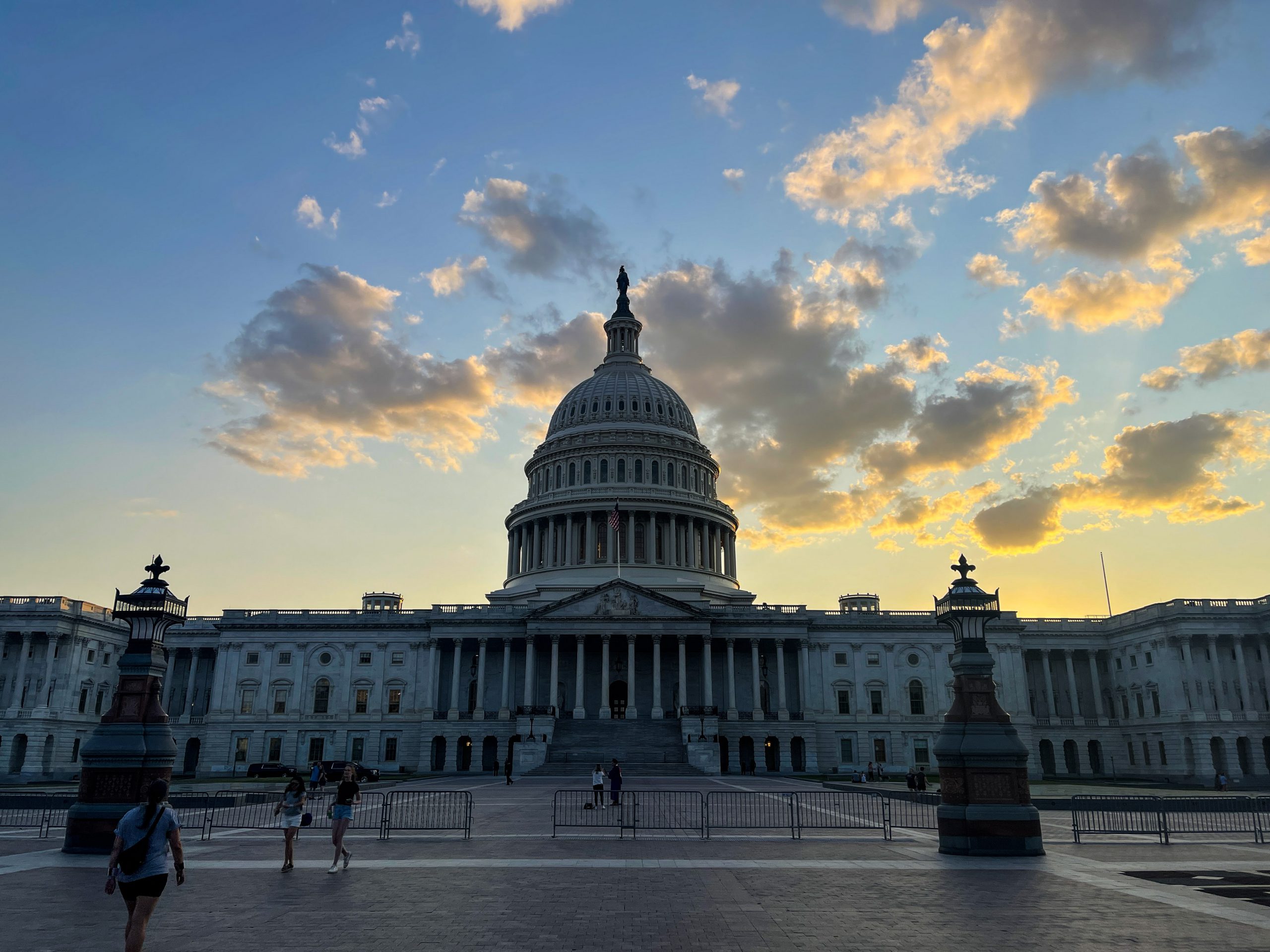Indianz.Com > News > President Biden signs pro-tribal bill into law as Native American Heritage Month winds down
President Biden signs pro-tribal bill into law as Native American Heritage Month winds down
Tuesday, November 23, 2021
Indianz.Com
WASHINGTON, D.C. — A bipartisan bill to enable the Seminole Tribe to exercise greater control over its lands in Florida has finally become law as National Native American Heritage Month winds down.
President Joe Biden signed S.108 into law on Tuesday morning. The measure ensures the tribe can lease or transfer real estate without running afoul of the Indian Nonintercourse Act, a colonial-era statute that otherwise requires Congressional approval for every single property transaction.
“Thank you to Senators Rubio and Rick Scott and Representative Soto for their leadership,” Biden said in reference to Sen. Marco Rubio (R-Florida), Sen. Rick Scott (R-Florida) and Rep. Darren Soto (D-Florida), the sponsors of the new law.
The U.S. Senate passed S.108 on May 26. The bill was approved by unanimous consent, meaning it was considered non-controversial and no one objected to its passage by a voice vote.
“This bill is necessary in order to create additional economic opportunities for the Seminole Tribe of Florida and its members,” Chairman Marcellus Osceola, Jr. said after approval in the Senate.
The U.S. House of Representatives took up S.108 on November 1, the start of Native American Heritage Month. The bill was considered under a suspension of the rules, a process usually reserved for non-controversial legislation that has bipartisan support. “At least two title insurance companies approached by the tribe have interpreted the act to apply to real estate owned by a state-chartered subsidiary entity of the tribe,” Rep. Teresa Leger Fernandez (D-New Mexico), the chair of the House Subcommittee for Indigenous Peoples of the United States, said in explaining the need for the legislation. “As such, the title companies will not insure the mortgage without an exemption from the act, which in turn effectively kills any ability to finance an acquisition,” Fernandez said.Sen. Rubio's bill for the #SeminoleTribe of #Florida was signed into law.
— Senator Marco Rubio (@SenMarcoRubio) November 23, 2021
Read more⬇️https://t.co/GHivgtau9o


Related Stories
Senate Committee on Indian Affairs Legislative Hearing to receive testimony on S.1364, H.R.1975, H.R.2088 & H.R.4881 (November 19, 2021)Senate Committee on Indian Affairs Business Meeting and Legislative Hearing (November 17, 2021)
‘A clear message to sovereign nations’: Indian Country cheers passage of $1.2 trillion infrastructure bill (November 12, 2021)
Cronkite News: Infrastructure bill finally makes it over finish line on Capitol Hill (November 8, 2021)
S.108 – Authorizing Seminole Tribe to lease or transfer certain lands (November 2, 2021)
Indian Country bills set for passage in U.S. House of Representatives (November 1, 2021)
First round of Indian Country bills slated to advance in new Congress (March 10, 2021)
Search
Filed Under
Tags
More Headlines
NAFOA: 5 Things You Need to Know this Week
Chuck Hoskin: Cherokee Nation takes the lead for our environment
Native America Calling: Earth Day assessment for Native peoples
Cronkite News: Gathering addresses ‘epidemic’ among Native people
VIDEO: Cody Desautel on tribes and federal forest management
AUDIO: Legislative Hearing on Discussion Draft of Forest Management Bill
Native America Calling: Remembering the 1974 Navajo border town murders
Native America Calling: Can the right approach close the Native immunization gap?
Cronkite News: Long COVID cases remain high in Arizona
Native America Calling: Eyes in the sky for development, public safety, and recreation
Native America Calling: Three new films offer diverse views of Native life
NAFOA: 5 Things You Need to Know this Week
Chuck Hoskin: Cherokee Nation works toward cure for arthritis
Native America Calling: Protecting young people from the down sides of social media
Cronkite News: Fake ‘shaman’ among candidates failing to make Congressional ballot
More Headlines
Chuck Hoskin: Cherokee Nation takes the lead for our environment
Native America Calling: Earth Day assessment for Native peoples
Cronkite News: Gathering addresses ‘epidemic’ among Native people
VIDEO: Cody Desautel on tribes and federal forest management
AUDIO: Legislative Hearing on Discussion Draft of Forest Management Bill
Native America Calling: Remembering the 1974 Navajo border town murders
Native America Calling: Can the right approach close the Native immunization gap?
Cronkite News: Long COVID cases remain high in Arizona
Native America Calling: Eyes in the sky for development, public safety, and recreation
Native America Calling: Three new films offer diverse views of Native life
NAFOA: 5 Things You Need to Know this Week
Chuck Hoskin: Cherokee Nation works toward cure for arthritis
Native America Calling: Protecting young people from the down sides of social media
Cronkite News: Fake ‘shaman’ among candidates failing to make Congressional ballot
More Headlines
